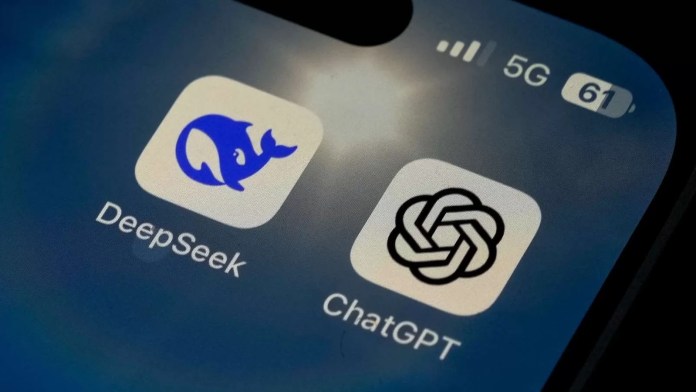- DeepSeek proved that transformative innovation need not be limited to one geography, language, or company—and that knowledge, once shared freely, multiplies in unpredictable ways.
- The promise of open AI cracked open a spirited, sometimes fierce debate: which is safer and wiser—the freedom of the crowd, or the guardrails of the few?
- Open-source AI isn’t just a technological leap; it is compressing costs, catalysing new forms of innovation, and shifting where value—economic, societal, and political—will flow in the coming decades.
- Data, integration, governance—these will be the battlegrounds of tomorrow’s AI economy.
Once upon a time, in the looming shadow of Silicon Valley, artificial intelligence looked like a lush private garden—vibrant with promise, but walled off for the privileged few.
For years, American powerhouses like OpenAI and Google poured billions into crafting towering models, all secretive code and legal barricades. Many onlookers assumed only the largest, wealthiest tech giants could truly orchestrate the future of AI.
Across the Pacific, however, a spark of rebellion glimmered. DeepSeek, a young and audacious startup from China, dared to imagine a world where AI would be a shared resource rather than a fortified treasure.
Its mission was nothing short of radical: break open the locked gates of AI and let the light spill out for everyone.
Fueled by this vision, DeepSeek’s engineers persisted with relentless energy, building models like DeepSeek-R1 and DeepSeek-V3—rivalling their Western counterparts not just in raw intelligence, but in core efficiency. They obsessed over optimisation, turning every dollar and hour into sharper algorithms and smaller, faster footprints.
But DeepSeek didn’t just keep its research inhouse or erect any artificial boundaries. In a move that startled the world, it published its models—without restrictions, usage caveats, or hidden fees.
No “research only” fine print. Coders in Mumbai, creatives in Nairobi, and entrepreneurs from São Paulo to Sydney suddenly found themselves empowered with best-in-class AI tools, liberated from the corporate stronghold of American tech behemoths.
DeepSeek’s open gamble
The impact was immediate. DeepSeek-R1, to the world’s astonishment, shot above even ChatGPT in the US app charts for a time. The old status quo began to crack. Tech giants scrambled: some released hurried, less-restricted models, trying to ride DeepSeek’s momentum.
Markets shivered as investors began to worry that open-source disruption would erode the fat monopolies of the past.
By stripping away all the old, costly hurdles—expensive licenses, tight legal leashes—DeepSeek re-leveled the playing field. Now, with models trained for just $5 million—a fraction of the hundreds of millions spent by rivals—startups, hobbyists, and researchers everywhere could join the AI race in earnest.
That leap in efficiency threatened to trigger the so-called “Jevons paradox” in AI: as costs plummet and access widens, adoption will surge in previously unimaginable ways.
DeepSeek’s open gamble forced responses even from the incumbents. OpenAI, after a long hiatus, finally released an open model—evidence that the open-source wave was becoming inescapable. China’s rise via DeepSeek was not just symbolic; it marked a real-world shift in the balance of technological power and innovation.
But this new era of openness also brought dilemmas. Policymakers and security experts sounded alarms—could free and universal access to potent models enable cyberattacks, disinformation spree, or even mass manipulation?
Catalysing new forms of innovation
The promise of open AI cracked open a spirited, sometimes fierce debate: which is safer and wiser—the freedom of the crowd, or the guardrails of the few?
The genie, of course, refused to return to the bottle. DeepSeek proved that transformative innovation need not be limited to one geography, language, or company—and that knowledge, once shared freely, multiplies in unpredictable ways. AI, once a playground for the privileged, had become everyone’s tool.
As new voices joined the fray and new ideas blossomed, the future of intelligence suddenly belonged not to an elite, but to the world at large.
Open-source AI isn’t just a technological leap; it is compressing costs, catalysing new forms of innovation, and shifting where value—economic, societal, and political—will flow in the coming decades.
Data, integration, governance—these will be the battlegrounds of tomorrow’s AI economy. For now, with DeepSeek’s revolution as a beacon, humanity stands on the threshold of an age where brilliance is a birthright, not a privilege.
Discover more from TechChannel News
Subscribe to get the latest posts sent to your email.




